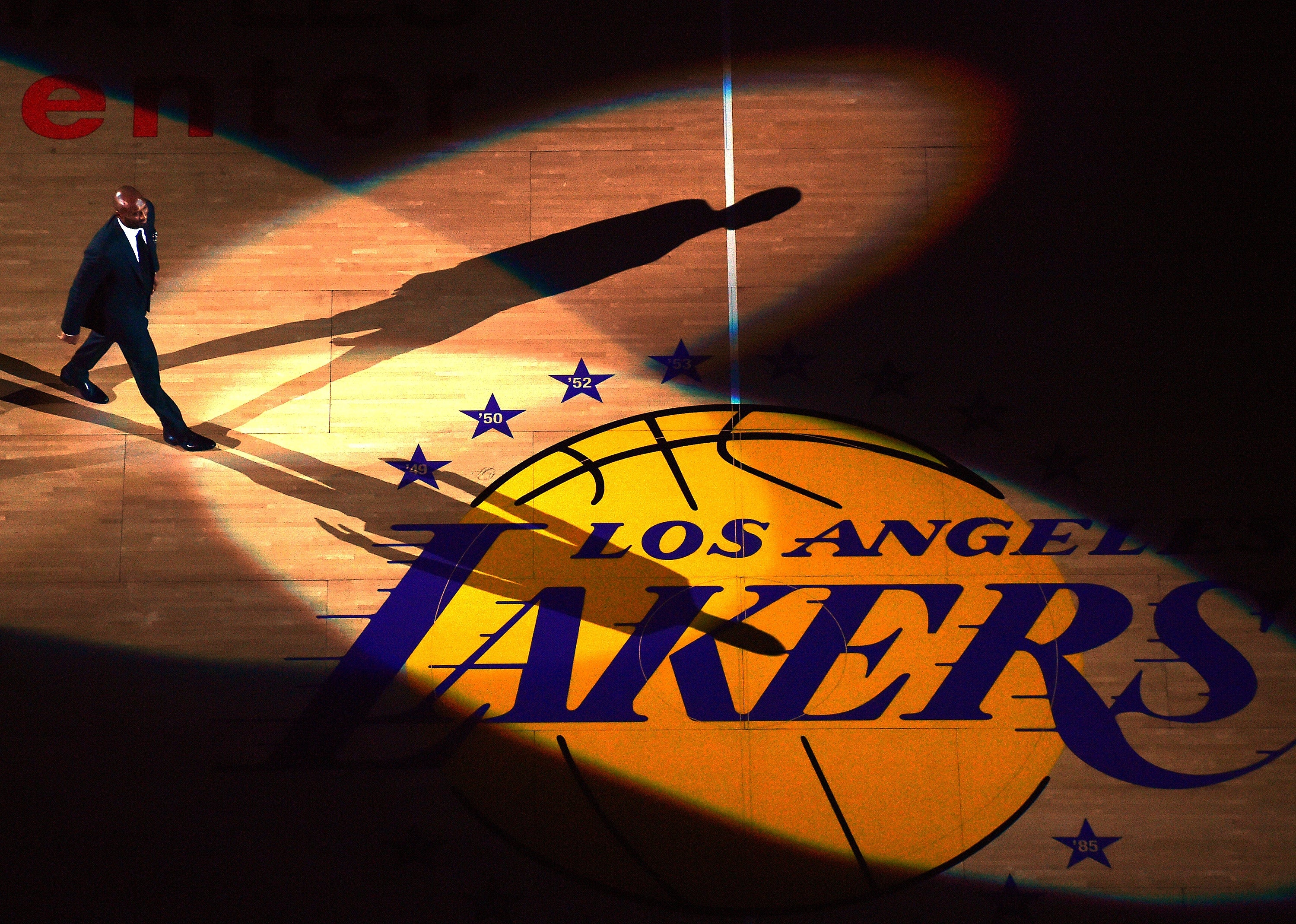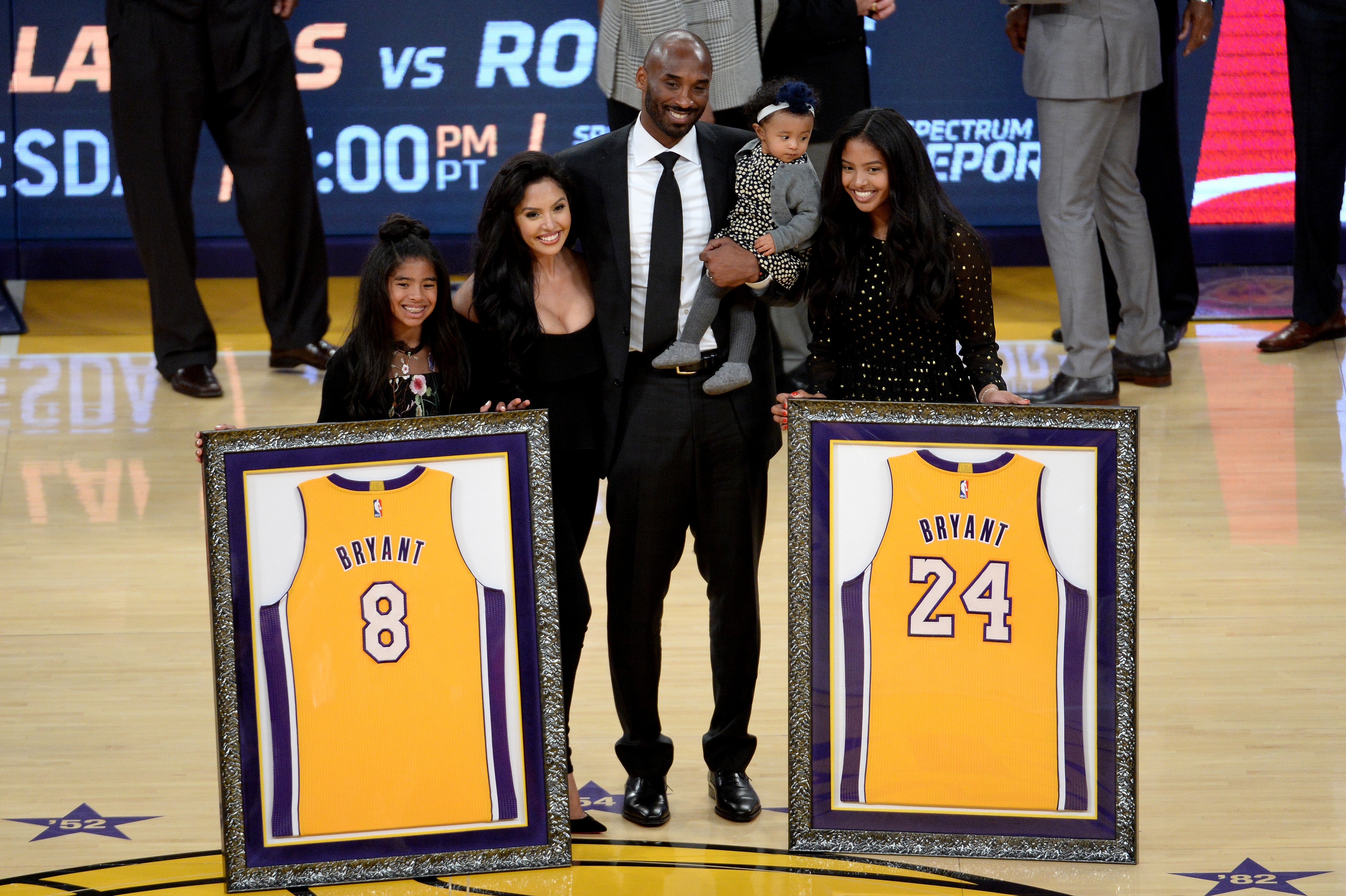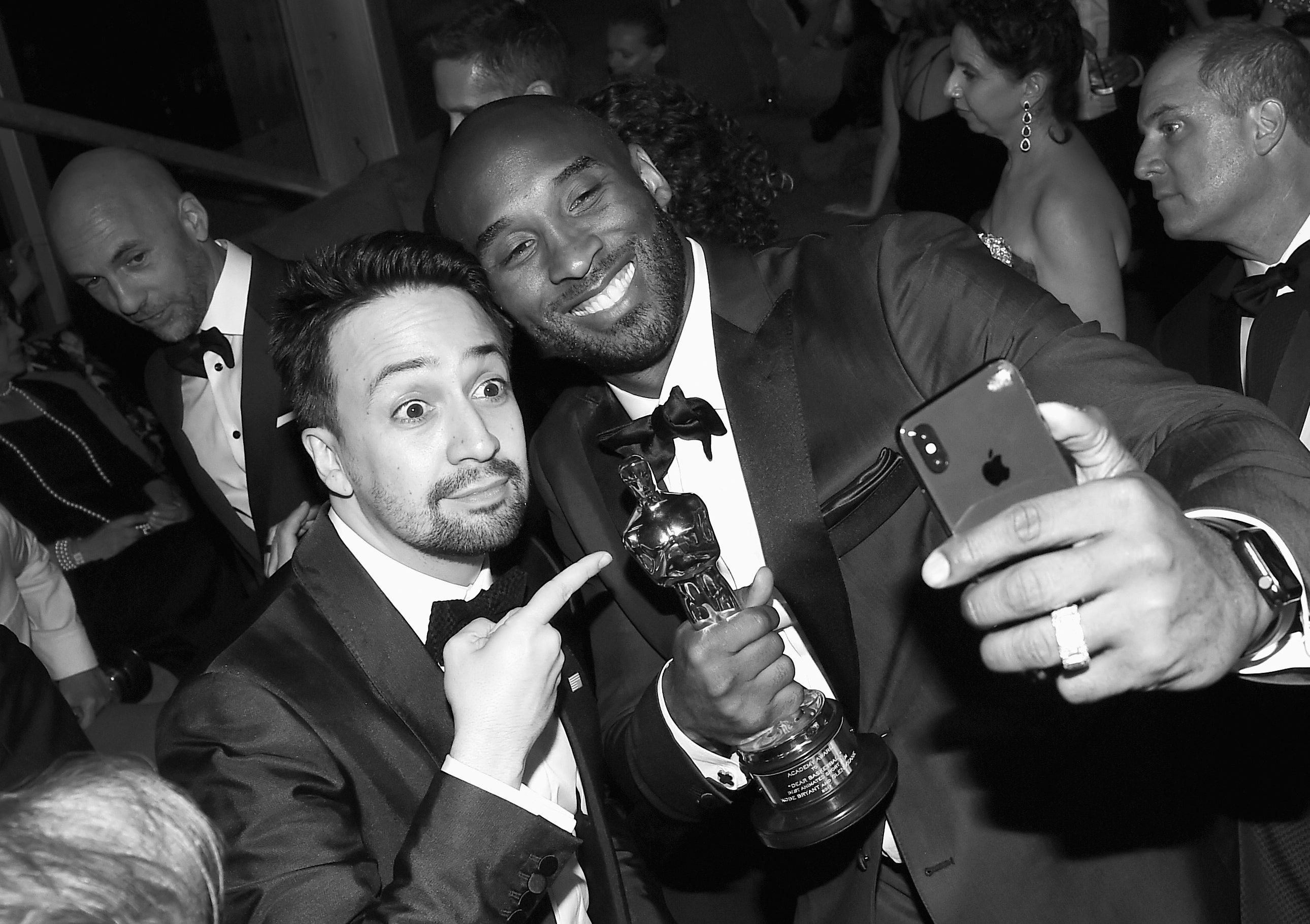The Greeks believed in mythical gods: beings whose supernatural powers and immortality placed them above mere mortals. And yet, these mythical Greek gods also were flawed, making their mortality and humanity relatable to those who worshiped them. One must understand this in order to understand what Kobe Bean Bryant meant to Los Angeles.
The City of Angels is a place that doesn’t really exist, as there really isn’t a coherent city called Los Angeles. Instead, Los Angeles is a collection of a thousand neighborhoods and adjacent cities, defined by race, class, culture and language. They are the remaining parts of the rapidly gentrifying Black and Latino areas of Baldwin Hills and Boyle Heights; the White neighborhoods of Hancock Park and Santa Monica; the burgeoning neighborhoods of K-Town and Chinatown. We all exist in our separate silos, except for one unifying love of our Los Angeles Lakers and Kobe was the thread that kept us together in a city that wants to pull apart.
Kobe wasn’t from Los Angeles, and that was okay, because everyone in Los Angeles is from somewhere else. He was the riddle of a Black boy who grew up in Italy, speaking fluent Italian; wrapped in the mystery of a Manchild who reached the promised land of the NBA, inside of an enigma of a cold blooded athlete who was driven to compete uber alles.
The pantheon of Laker greats are always known by their one name. West. Elgin. Kareem. Magic. Shaq. Kobe. But Kobe alone is regarded as the greatest of the greatest. The 17-year old Philly kid, with the bright Colgate smile, who idolized Michael Jordan like millions of others but was determined to make his own mark. Spectacular dunks. Cross overs. Fadeaways. Crossover fade ways. Lock down your best player defense. A ‘you ain’t gotta find me homie, I found you,’ mentality.

That Mamba Killer Mentality.
Los Angeles sees itself through the Lakers. The glitz of showtime turned into the Shaq and Kobe Lake Show, and there was a difference. Showtime was the decadence of Hollywood and the Forum. Lake Show was the fan who sat in the rafters of the Staples Center, watching Kobe put it on ‘em. Vietnamese nail salon owners waxed poetically about whether Shaq or Kobe should be traded in their feuding championship years. Kobe would ultimately win their hearts over Shaq Fu, because he was Kobe.
Even after three NBA championships with Phil and ‘nem, Kobe wiped the slate clean. He endured mediocre teammates who never should have rocked the Purple and Gold, as he woke up in the predawn morning to practice, to grind, to get to that next level, to get back to that championship.
We all exist in our separate silos, except for one unifying love of our Los Angeles Lakers and Kobe was the thread that kept us together in a city that wants to pull apart.
And he would. Kobe would lose a heartbreaker to the Celtics, beat the Magic, and then redeem himself by beating the Lakers hated rival Celtics again. When his career wound down, the critics who’d once lambasted him for jacking up shots would laud him for the 81 points he put up against Jalen Rose and the Toronto Raptors. He’d later tear his Achille tendon during a game against the Golden State Warriors—one of the most devastating and painful injuries for a basketball player—and calmly sink two free throws. He’d end with 33,643 points, including a masterful and unforgettable 60 points in his last game.
Still, there are those who will not cheer this athletic god, and those of us who do cheer him, should do so with pause. There’s a woman in Colorado whose voice should be heard and not forgotten. Accused of sexual assault, Kobe would ultimately find the charges dropped. But if we are to put a Kobe on a pedestal, it is important to remember that this pedestal is unbalanced.

It can be argued that the Colorado incident caused Kobe to be more introspective. To see himself less as a god and more as a human being who should focus on the humanity around him. His wife Vanessa, his four daughters and life outside of basketball became his focus.
Post retirement, you’d see Kobe courtside at a Lakers game, not as a Lakers legend, but as a Dad. He’d take a poem he’d written to himself about the game of basketball and win an Academy Award for best animated short film.

He’d learned to be more gracious. He embraced his rival LeBron James to the Lakers, welcoming him as a worthy part of the Lakers legacy. And for a man who’d been in the spotlight for twenty years as a Laker, he didn’t go out of his way to seek it. He was comfortable in his skin and who he was after basketball. But that was then. This is now.
Kobe Bean Bryant is dead at 41 years old. He died along with his daughter Gianna and seven others in a tragic helicopter crash in Calabasas, California. The Bryant family will mourn for him, his daughter, and his wife Vanessa, and their three surviving daughters. The world will send tributes. But to Los Angeles Laker fans and the city of Los Angeles, Kobe Bean Bryant has now ascended to the stature of a Greek god.
Lawrence Ross (@alpha1906) is the author of seven books, including the Los Angeles Times & Essence bestseller, The Divine Nine: The History of African American Fraternities & Sororities and Blackballed: The Black & White Politics of Race on America’s Campuses. He lives in Los Angeles with his wife.
